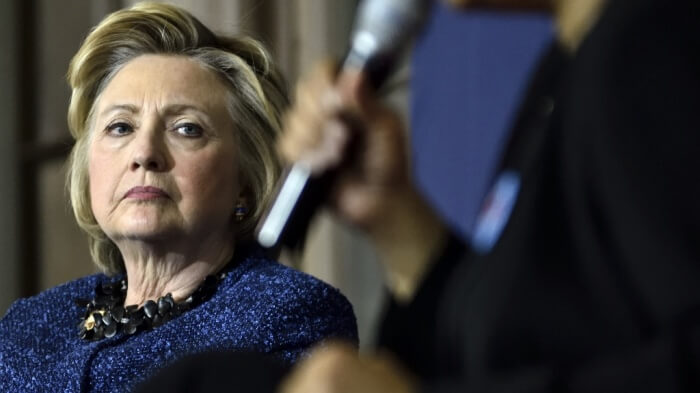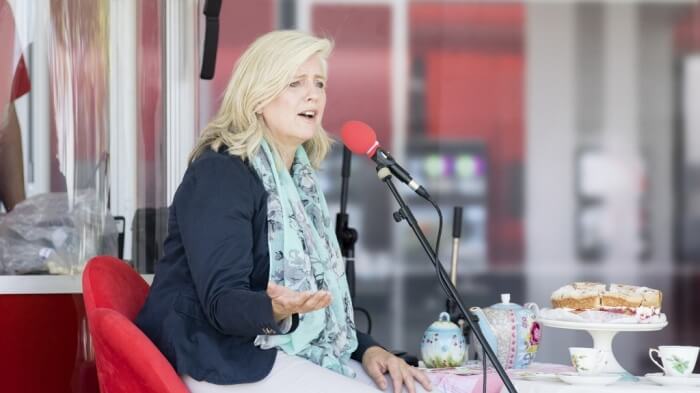If your organisation is in a crisis and the media come a-knocking, you better be prepared for the rough ride ahead.
7 Tips For CEOs During Crisis Interviews
If your organisation is in a crisis and the media come a-knocking, you better be prepared for the rough ride ahead.

As the great US bumper sticker of the 1970’s proclaimed: “Shit Happens”. When it does happen, your brand, reputation and profitability are all usually on the line.
It’s at this point that the CEO’s get moved to the front line with the microphones and cameras. Here are my 7 top tips for surviving that crisis interview:
1 - Don’t Defend the Indefensible
You can’t go in front of journalists and try to gloss up a crisis. Admit the mistake and look proactively to future action and don’t just compare how great you were last year. The audience understands that mistakes can be made. Admit it and move the story on.
2 - Perception is Reality
You have to be seen to be believed. Issuing statements is all very well but to be truly successful in defending brand and reputation we need the CEO to stand up and be counted. Further to this what you say must be true and you must look and sound as if you are truly committed to what you are saying.
The audience are an intuitive lot and will spot insincerity and evasion not just by what you say but how you look saying it.
3 - Are You Talking to Me?
Don’t say the same words to every journalist. Again, what you say must be true but the way you say it must be tailored to the audience. A Newsnight audience may need a different vocabulary and a different tone to This Morning.
Where you are coming from will be the same but how you say it should allow your audience to understand in their terms, first time.
4 - Location, Location, Location
If this is a crisis and it is business critical get yourself into the studio whenever possible. It’s more credible than being interviewed down the line or even at Corporate HQ. It shows you’ve made the effort and are not hiding.
If you can only manage a couple of face to face interviews, think which programmes most represent your customer base and pick those. If you must do it from Corporate HQ then not the boardroom, not outside, no visible corporate opulence.
If you are actively handling a crisis put yourself in a busy environment and refer to the team working behind you. CEO in charge, seen to be in charge.
5 - Go Live
Live interviews win over recorded interviews every time. They are the shortest interviews and so are the easiest to navigate. A recorded interview can go on forever, if necessary, but you only get a 15 second soundbite used. A recorded interview is also taken away and the journalist chooses which bits to use. They have editorial control.
A live interview all goes straight to air so you get more chance to mitigate the crisis and it puts you in control. But just remember – stick to the plan. All live interviews are also recorded, cut up and used later. So keep in mind that when you are cut up and used as “speaking earlier on Today” you still like what you hear.
6 - Is the CEO Actually the Right Person?
Sometimes it just has to be the CEO who stands up and defends the corporate brand. Sometimes an audience just needs to see the person at the very top come before them to face whatever the music is. But if they’re not the best performer then they can do more harm than good (See point 2).
If your CEO is not charismatic, then perhaps think again. It may be that an operational crisis is more convincingly dealt with by the COO, a financial crisis by the CFO. And if you are the in charge of communications then you may have to be at your most persuasive to get the CEO to stand aside.
7 - Inside Out
What you say to the media must reflect what you say to your colleagues and what is communicated internally. A CEO interview is not a journalist’s only source of information. You don’t want disgruntled employees queuing up to gainsay your CEO’s interview nor do you want colleagues feeling cheated by what the CEO says not matching the reality on the ground.
Thanks for signing up to Minutehack alerts.
Brilliant editorials heading your way soon.
Okay, Thanks!




